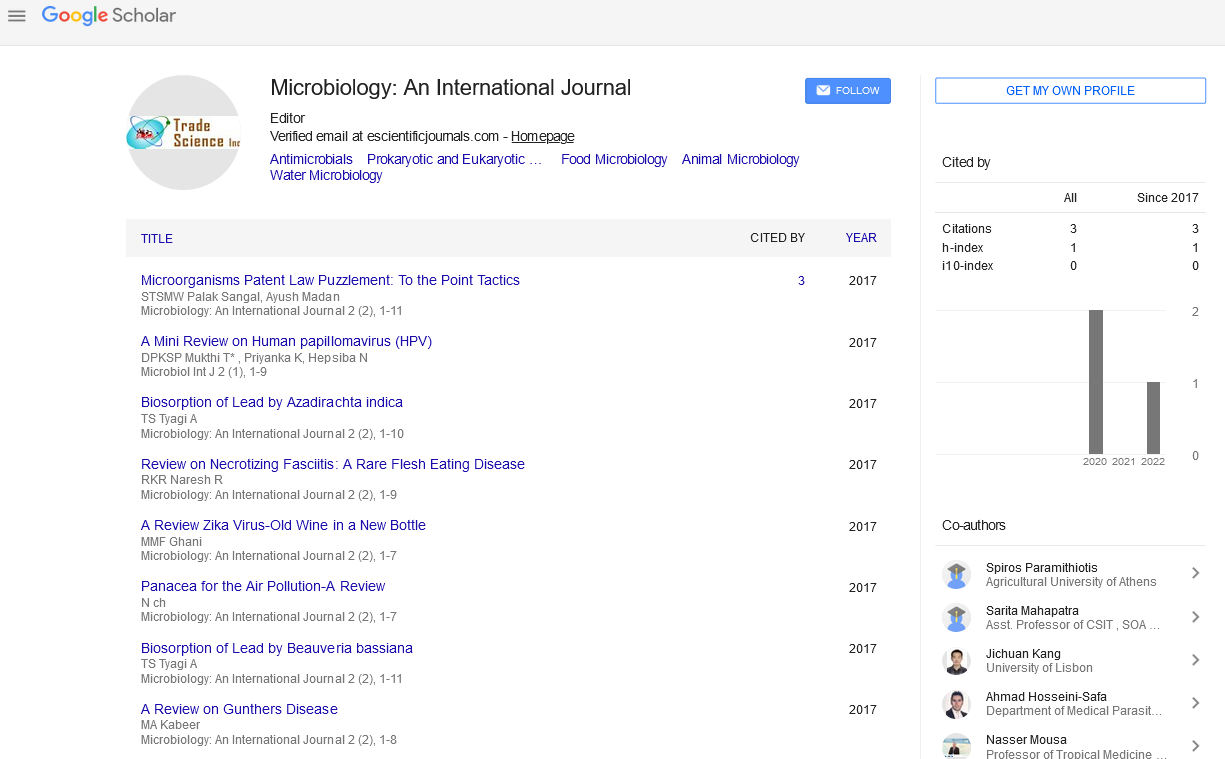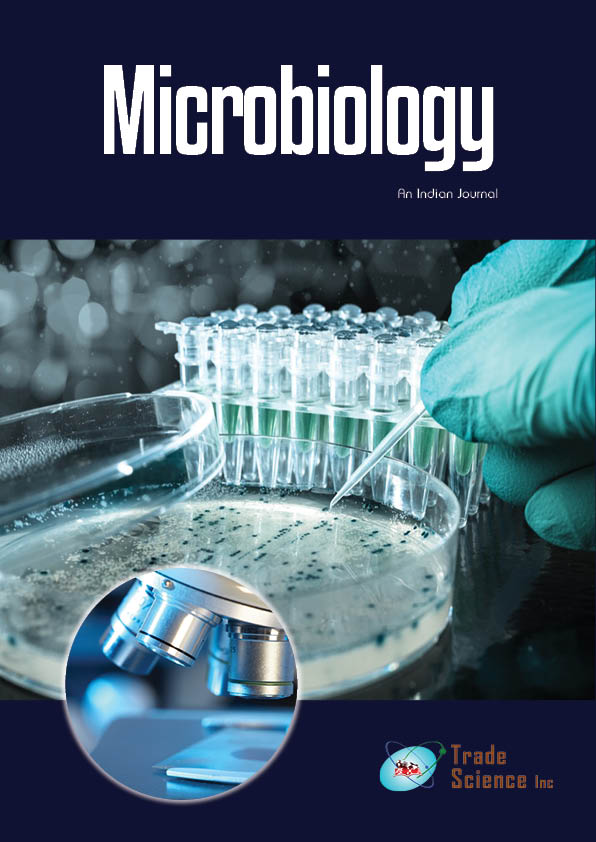Abstract
Microbes and their Participation in Selected Human Neoplastic Diseases
Author(s): Andrzej SzkaradkiewiczThe progressing development of studies, particularly within genomics of pathogen-host interactions, allows to recognize better the causal link between the infection and the neoplastic disease. The data obtained till now point to a significant involvement of microbes and, in particular viruses in over 20% of human neoplastic diseases. Basing on the multi-year knowledge, World Health Organization (WHO) recognized the following viruses: Epstein-Barr virus (EBV), Kaposi’s sarcoma-associated herpes virus (KSHV), hepatitis B virus (HBV), hepatitis C virus (HCV), human immunodefiniciency virus-1 (HIV-1), human T-cell lymphotrophic virus-1 (HTLV-1), human papillomavirus type 16 (HPV-16) and a single bacterial pathogen, the Helicobacter pylori as "carcinogenic to humans". The above listed pathogens represent risk factors of specific neoplastic diseases, includingBurkitt lymphoma (BL), Hodgkin lymphoma (HL), non-Hodgkin lymphoma (NHL), nasopharyngeal carcinoma (NPC), Kaposi’s sarcoma (KS), hepatocellular carcinoma (HCC), adult T-cell leukemia (ATL), cervical cancer (CC) and oropharyngeal cancer (OPC), nonmelanoma skin cancer (NMSC) and gastric cancer (GC). The causal link between the infections and development of the neoplastic diseases in humans, however, remains an open question. Nevertheless, the already obtained data promote novel investigative directions within the early diagnosis of neoplasia risk and prophylaxis as well as they allow to implement novel therapeutic strategies. Therefore, it is justified to present data related to involvement of microbes in etiopathogenesis of tumours.

